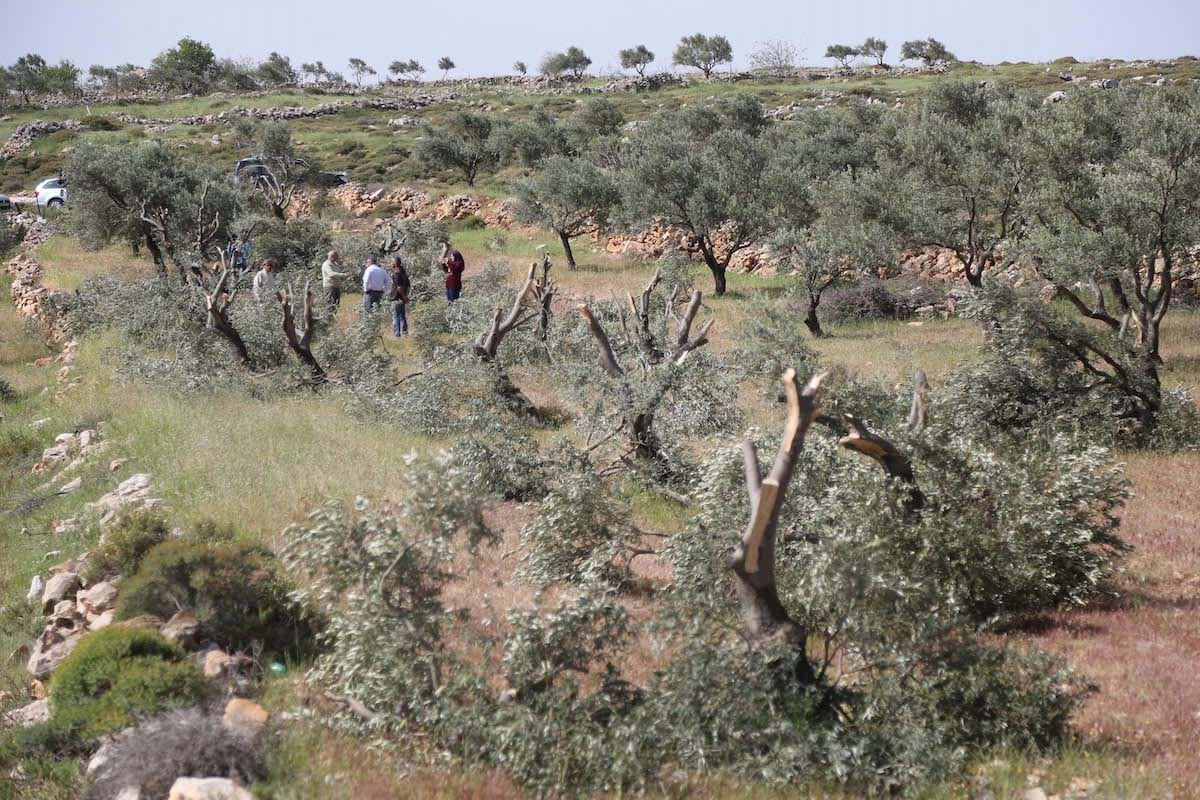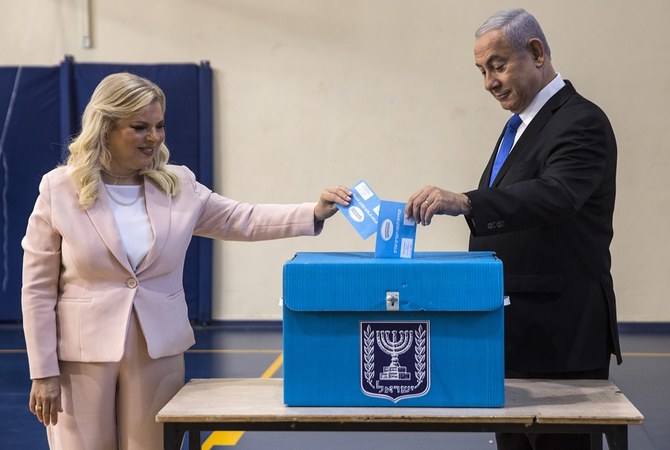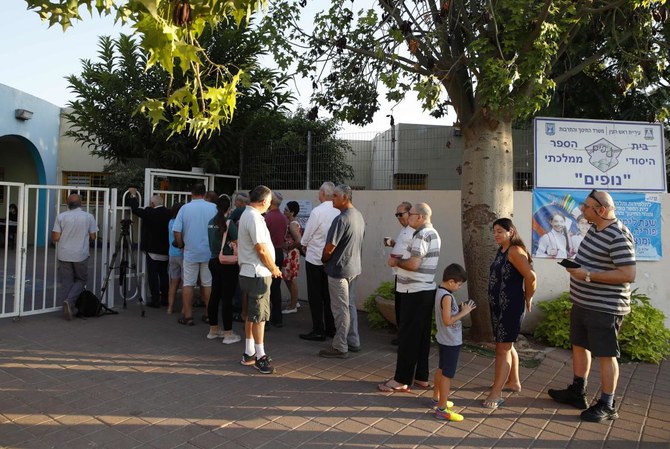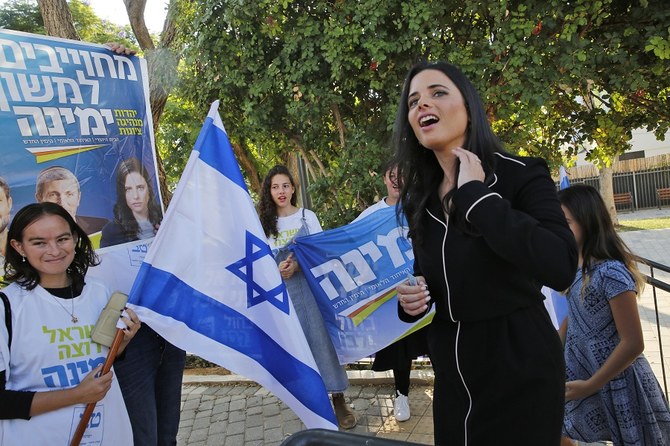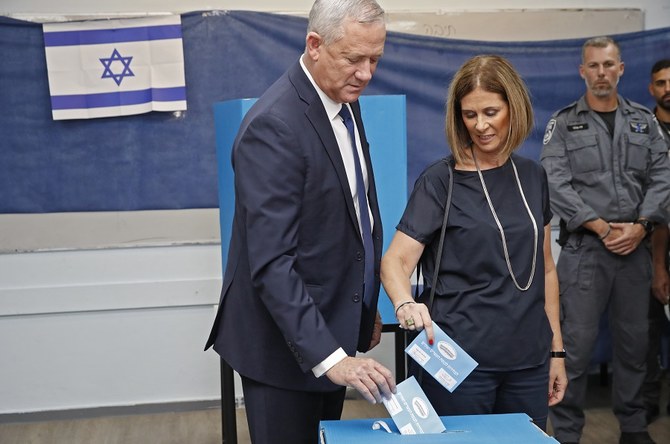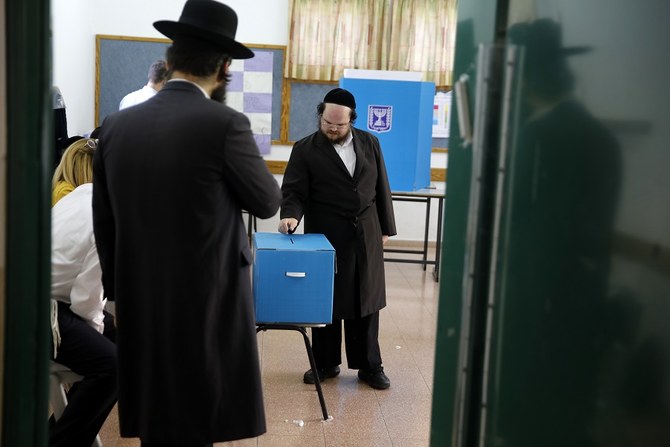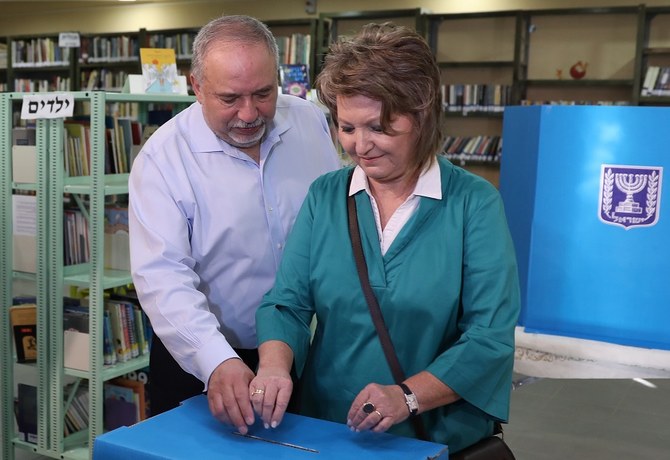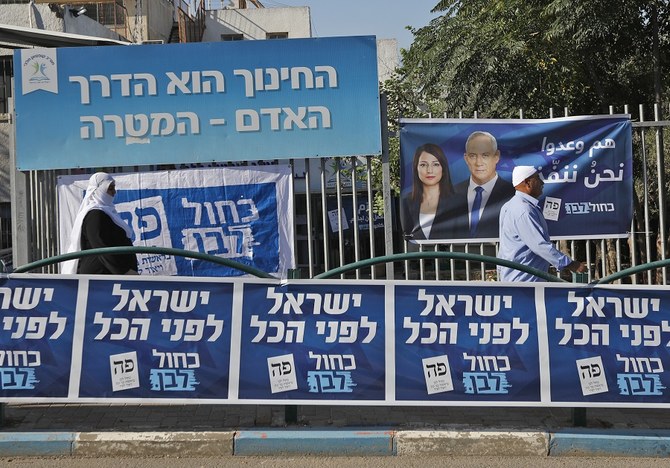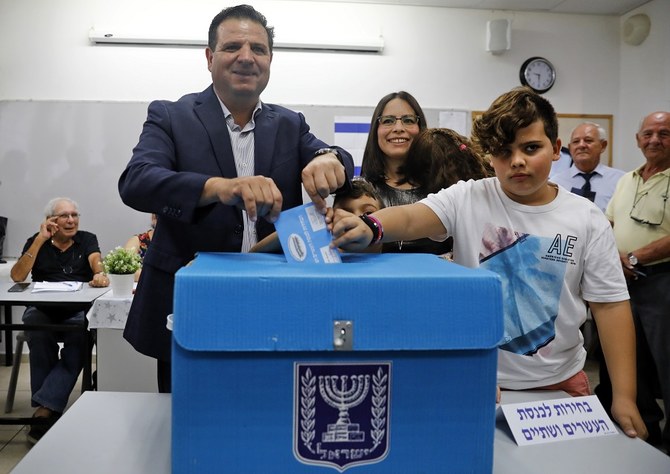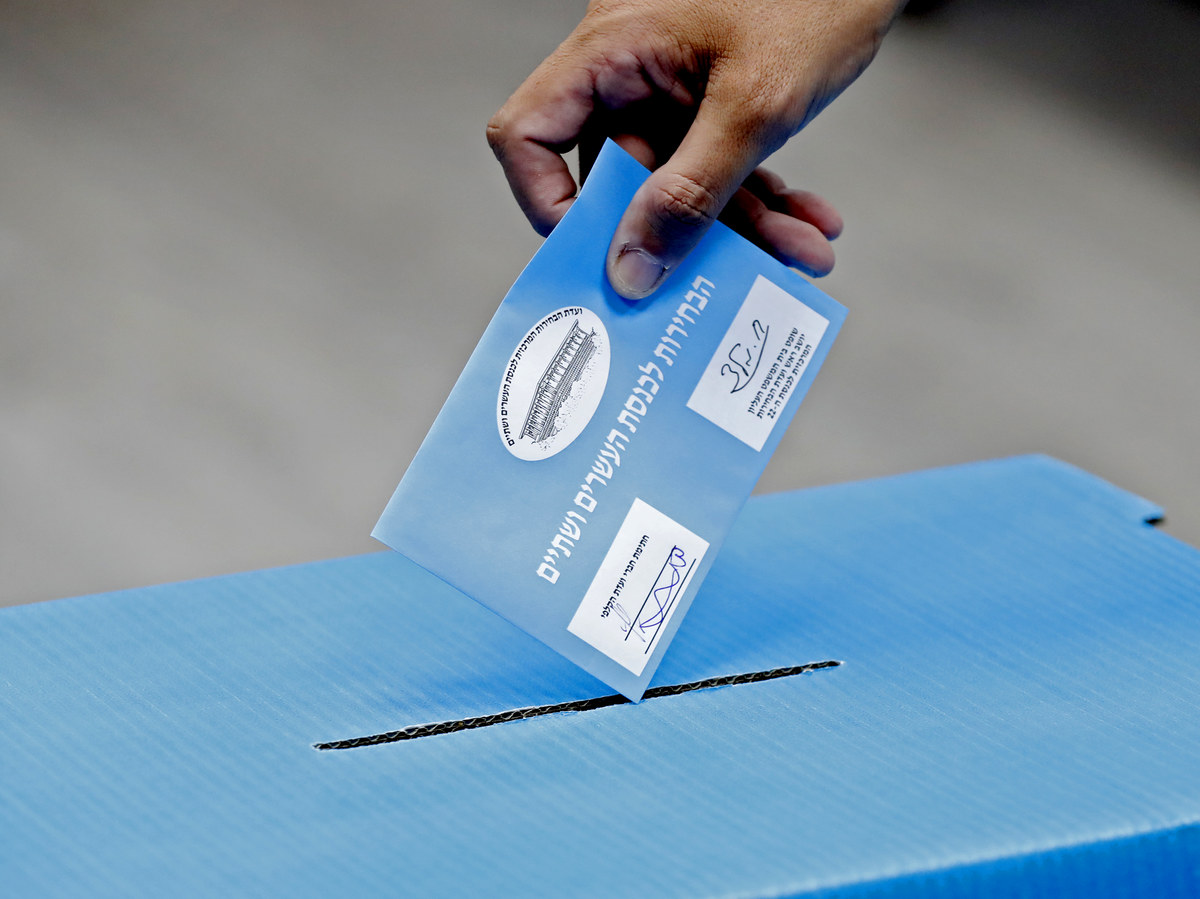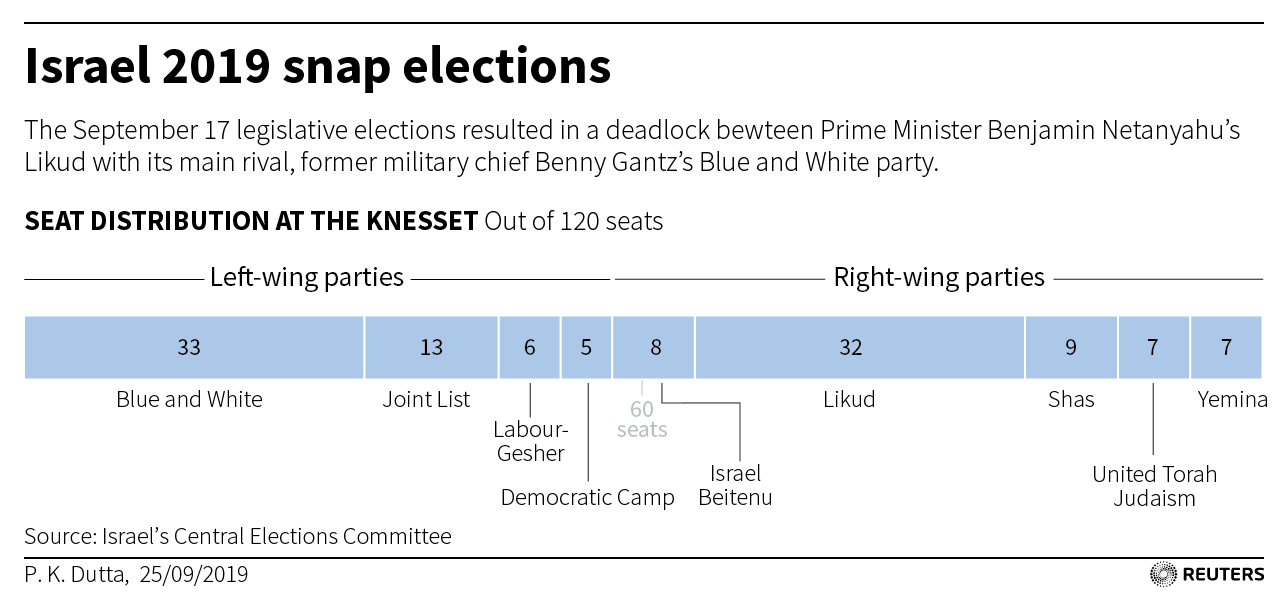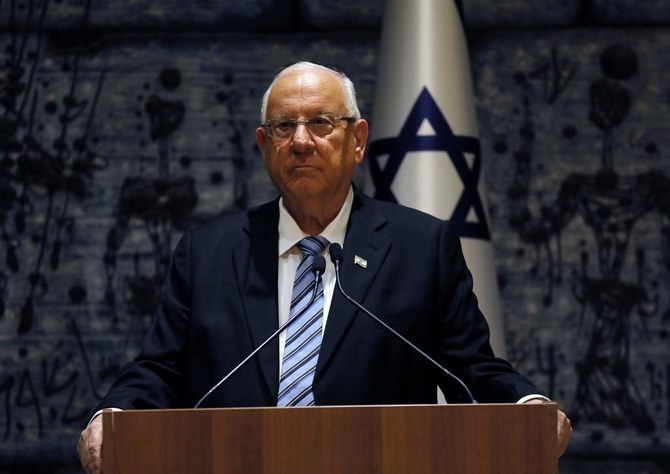Oh, too funny! I bet this went over - real BIG?
Facebook has prevented Israel Prime Minister Benjamin Netanyahu from sending private messages, after his open incitement against Arab citizens and the elected Arab leadership in Israel.
Facebook suspends Netanyahu’s page after incitement against Arabs
Facebook logo [West McGowan/Flickr]
September 13, 2019 - In a message he sent to his followers via Facebook, Netanyahu incited against Arab citizens and MP Ayman Odeh in particular.
In the message, Netanyahu said: “The formation of a dangerous leftist government should be prevented next week, with Lapid and Odeh, Gantz and Lieberman, a secular, weak leftist government formed by Arabs who want to exterminate us all, children, women, and men. This government will allow Iran to acquire a nuclear bomb to destroy us all,” reported
Russia Today.
In this context, MP Ayman Odeh, chairman of the Arab Joint List, contacted Facebook immediately and asked them to remove these inciting messages and punish Netanyahu.
At the request of Odeh, Facebook stripped Netanyahu of the right to send private messages from his account for violating the platform regulations.
Netanyahu’s campaign has tried to distance the prime minister from the message. The campaign claims that an employee published it without Netanyahu’s consent and was deleted as soon as Netanyahu knew about it.
Incitement complaint filed after Netanyahu statement ‘Arabs want to destroy all of us’
September 12, 2019 - An incitement complaint has been filed against Israeli Prime Minister Benjamin Netanyahu for his recent remarks that “Arabs want to destroy all of us”.
The complaint was filed by legal rights centre
Adalah on behalf of the Joint List to the Central Elections Committee (CEC) chair and Israeli attorney general yesterday.
According to Adalah, Netanyahu’s statement was included “in an exchange of digital messages with party activists during which he directed them how to appeal to the Israeli public in election campaign telephone calls,”
The complaint urges CEC chair Justice Hanan Melcer “to issue a restraining order banning Netanyahu from further illegal dissemination of racist election propaganda.”
'King Bibi' fights for his political life in Israeli election
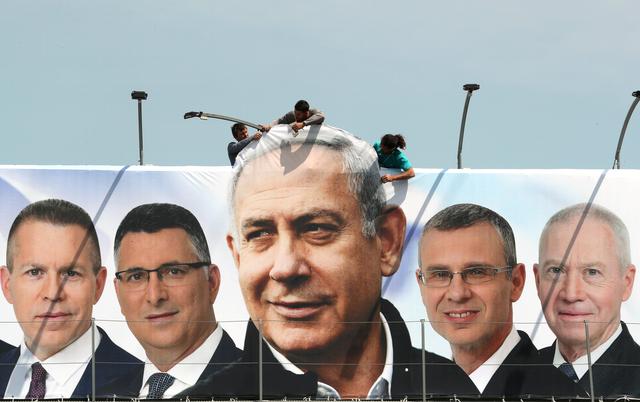
Twenty years after Benjamin Netanyahu's first term as Israel's prime minister ended, the man hailed by supporters as "King Bibi" is again fighting for his political survival in a rerun election.
Israeli parties vie for Arab vote in bid to oust Netanyahu
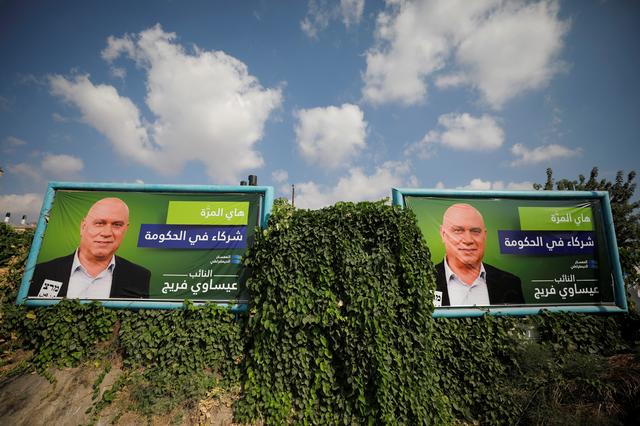
Challengers to Israeli Prime Minister Benjamin Netanyahu in next Tuesday's election have courted Israel's Arab minority, hoping that a strong turnout from this unlikely source could tip the scales in their favor.
Israel bulldozers raze Palestinian farmland, uproot olive trees
Palestinian farmers inspect the damage done to their olive trees after they were cut down by Israeli settlers [Issam Rimawi/Anadolu Agency]
Sept. 12, 2019 - Israeli occupation forces attacked and bulldozed large areas of Palestinian agricultural land in the occupied West Bank at dawn today.
Head of Atouf Village Council Abdullah Bisharat confirmed that soldiers swept into Palestinian territorial grounds in Um Kbeish, located near the town of Tammun, south of Tubas, in the north-eastern West Bank.
Authorities called on officers to uproot and destroy 300 olive trees and hundreds of dunams of Palestinian farmlands.
Bisharat added that four water wells, used by the farmers for irrigation, were also demolished. Palestinians were given no prior warning of the demolition.
The area has been a frequent target of military raids since June when two wells and a dozen olive trees were bulldozed. Palestinian human rights organisation Al Haq noted that documents proving ownership of Palestinian land has allowed landowners to plant olive trees since 2012.
Local farmers are barred from tending to their land under the pretext that the area has been classed “a nature reserve” by occupation authorities.
Israeli Prime Minister Benjamin Netanyahu is already starting to follow through on his promise to annex the Jordan Valley, Bisharat said in response to the occupation’s latest action.
Earlier this week Netanyahu pledged to
annex the Jordan Valley should he win a new term in office next week.
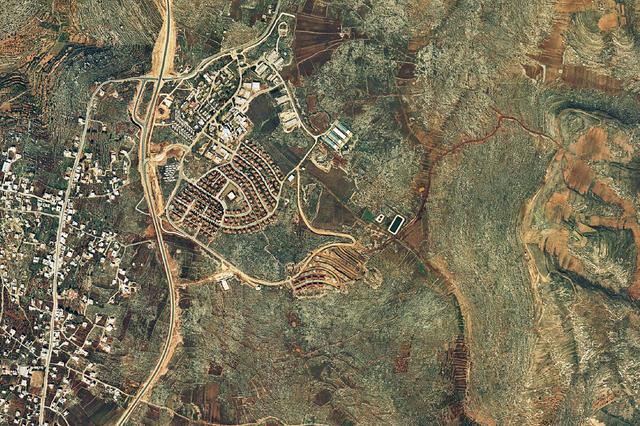
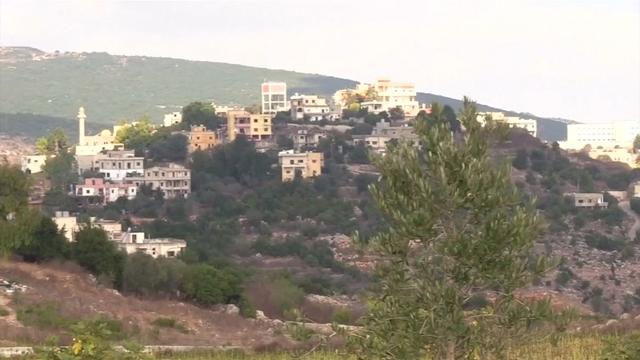

![Facebook logo [West McGowan/Flickr] Facebook logo [West McGowan/Flickr]](/forum/proxy.php?image=https%3A%2F%2Fi0.wp.com%2Fwww.middleeastmonitor.com%2Fwp-content%2Fuploads%2F2017%2F06%2F2010_6_11-Facebook.jpg%3Fresize%3D1200%252C800%26quality%3D75%26strip%3Dall%26ssl%3D1&hash=68815430bdd95ec1d35def5dacf61ff5)
